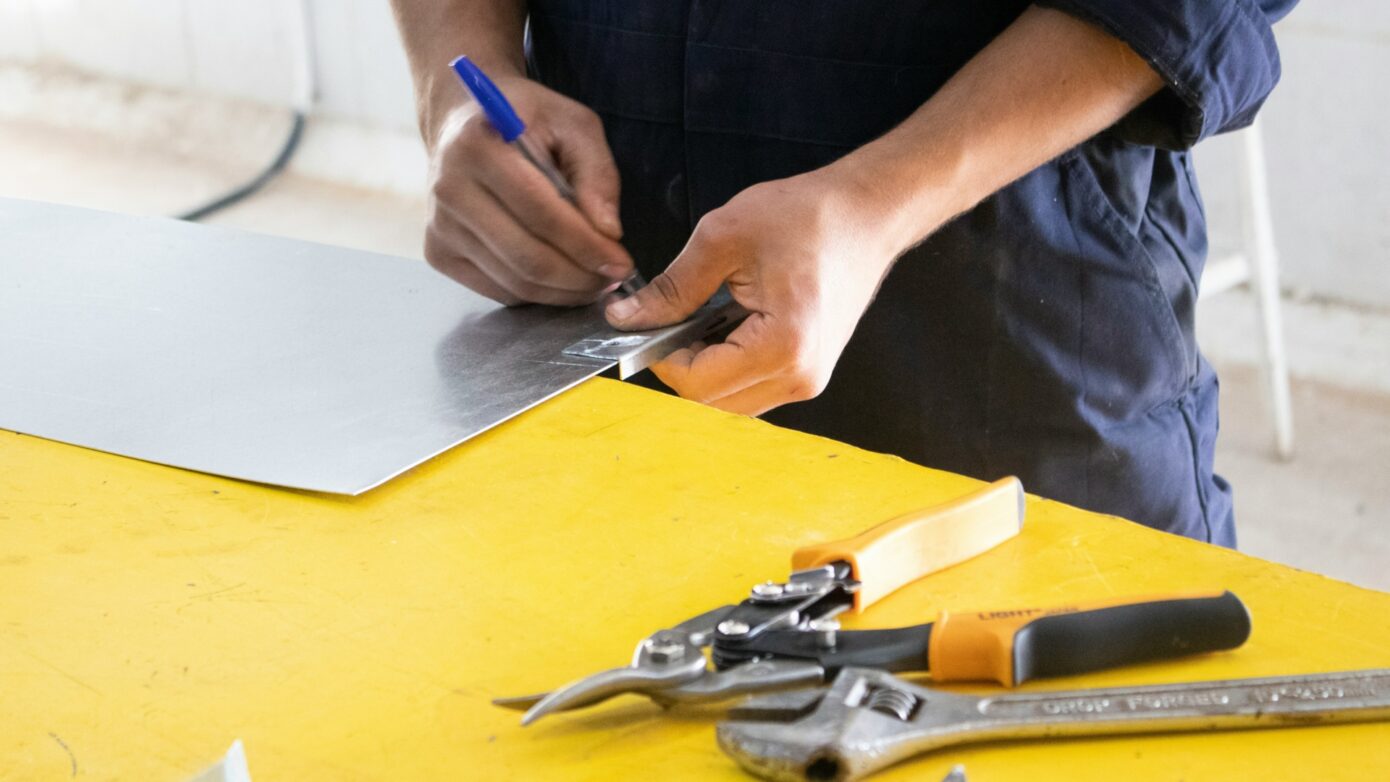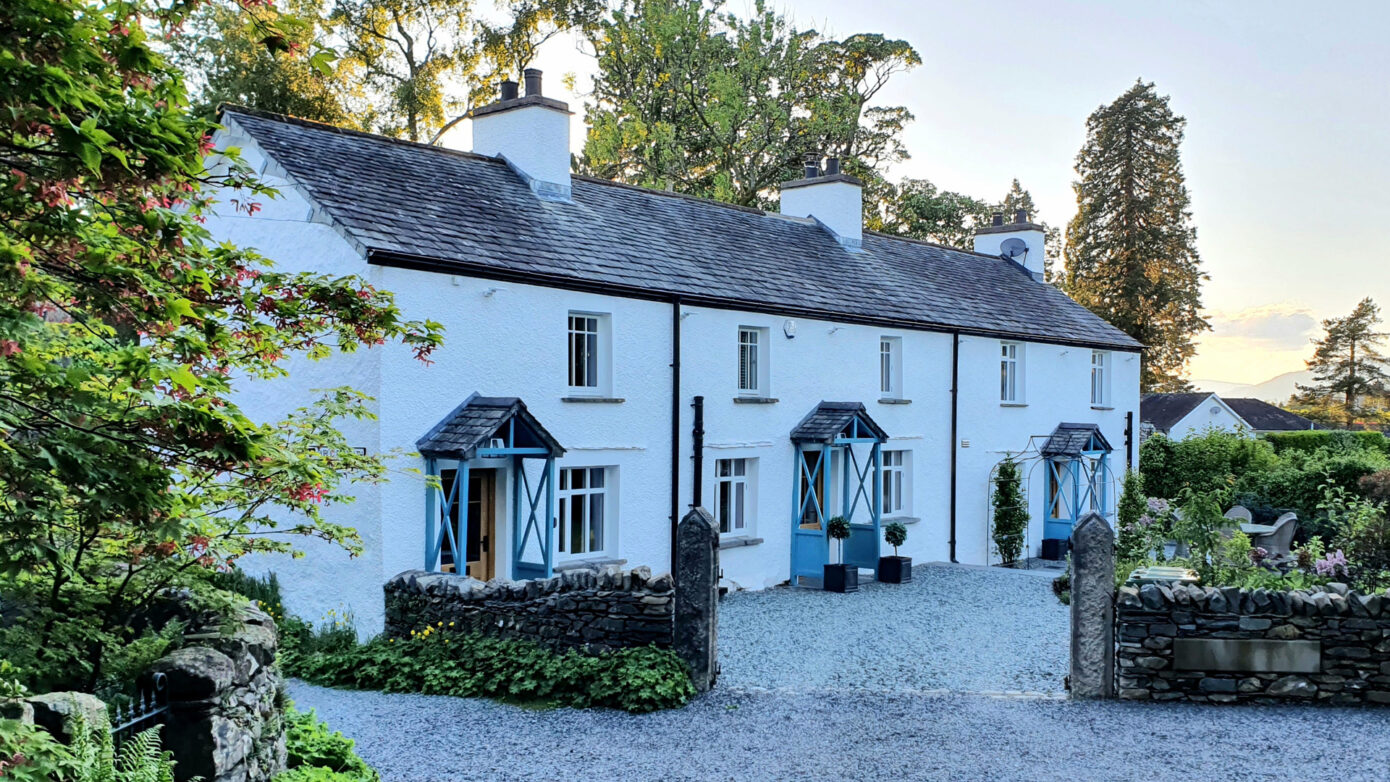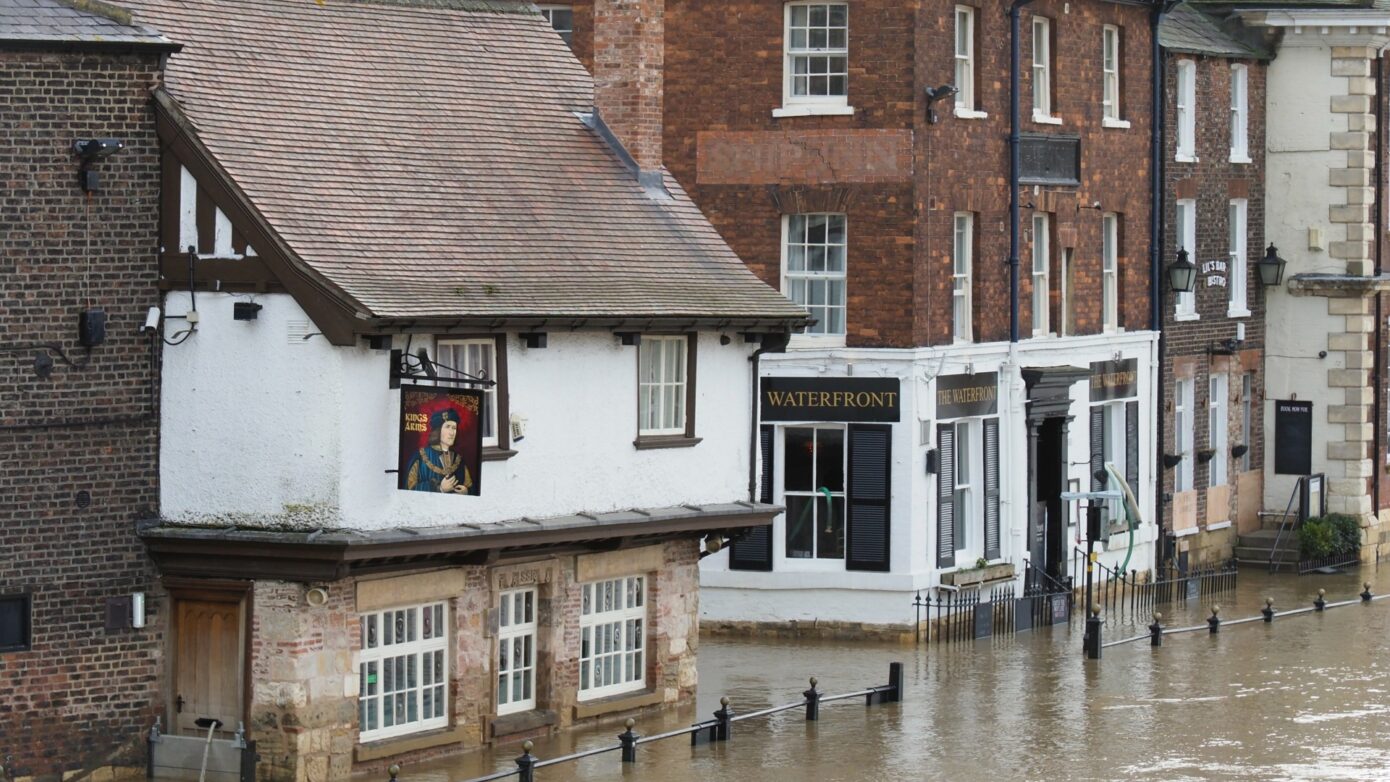It has been widely reported that staff are fleeing the hospitality industry, following the uncertainty of Covid, Brexit and long working hours. Protecting your staff will always have been a priority, but now holding on to a good loyal team is more important than ever.
Everyone has the right to feel safe in their working environment, but sometimes when tempers are running high or customers are experiencing longer than intended wait times, it can be your team that bear the brunt of their anger.
The James Hallam team have been looking at ways to protect your team’s personal safety in the workplace.
Working Environment
It is important you are committed to creating and maintaining an environment within your hospitality business, that is healthy and where your employees are shown respect and dignity by others.
Where it is expected that all staff, guests, visitors, contractors and any other persons who are on your premises behave in a respectable manner.
You could display a poster for staff and customers making it clear what behaviour is not tolerated. You could include the following:
- Bullying of any kind
- Violence of any kind in the workplace
- Abusive or aggressive behaviour of any kind
- Harassment, especially of a sexual nature
If any of this behaviour is brought to your attention, take immediate action to investigate and deal with the relevant parties. If employees are found to be guilty of any wrong doing they should be disciplined. If other parties are at fault then the appropriate actions must be followed, this may involve criminal proceedings being brought against an individual.
Violent or Abusive Customers
Whilst we’re sure on the whole your customers are friendly and respectful, it is wise to offer some ‘best practice’ guidance should an incident occur.
Occasionally customers may become embroiled in altercations with other customers or aggressive to staff especially at busy times or when alcohol is involved.
You could ask your employees to look for the potential triggers that could lead to a violent situation:
- Raised voices, shouting, or use of swearing and offensive language
- Racial slurs or comments said with the intention of causing offense to others
- Aggressive gesturing, pushing, to others
- Veiled or open threats to others
If these potential triggers are identified then there are a number of steps that can be taken with the intention of preventing an actual act of violence or physical abuse occurring.
Firstly, staff should always think of their own personal safety and never try and deal with the situation alone, they should always call for assistance.
- Advise another member of staff at the earliest opportunity if they sense that there is potential for an incident to occur
- Talk to the relevant parties and remind them that such behaviour will not be tolerated – advise them not to raise their voice as this may aggravate the situation
- Instruct that the Police will be contacted if the issues are not addressed
Actual acts of violence and physical abuse are thankfully very rare indeed but it is wise to have procedures in place to make your staff feel protected and safe.
As well as protecting your staff, protecting your business premises, income and liabilities is also key. For more details about insurance for your hospitality business speak to our Hospitality Division today on 020 7977 7856.












